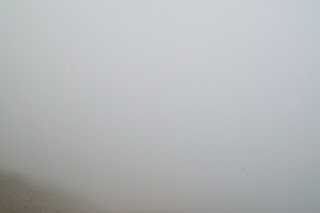To all our brothers and sisters who confess their faith in Christ:
But the angel said to them, “Do not be afraid. I bring you good news that will cause great joy for all the people. 11 Today in the town of David a Savior has been born to you; he is the Messiah, the Lord. 12 This will be a sign to you: You will find a baby wrapped in cloths and lying in a manger.”
-- Luke 2:10-12
Christmas, understood correctly, is a sign of joy for us sinners and sad mortals who, deserving of no other destiny than eternal condemnation, today can jump for joy because of this great salvation which has been put before us -- a child wrapped in swaddling clothes who will finish everything we could not finish and will pay for our guilt: the Lamb who was slain from the beginning of the world (Revelation 13:8).
Let us celebrate together such great and wonderful news! Our salvation has been paid! Let us celebrate in Christ, God, the Son, our Redeemer!
With high regards,
Your confessional brothers and sisters from Bolivia
-------------------------------------------------------------------
A todos lo hermanos confesantes de la fe de Cristo:
"Pero el ángel les dijo: No temáis; porque he aquí os doy nuevas de gran gozo, que será para todo el pueblo: que os ha nacido hoy, en la ciudad de David, un Salvador, que es CRISTO el Señor. Esto os servirá de señal: Hallaréis al niño envuelto en pañales, acostado en un pesebre."
-- Lucas 2:10-12
La navidad bien entendida es una señal de gozo para nosotros pecadores y tristes mortales que sin más destino que la condenación eterna hoy podemos saltar de gozo ante tan gran salvación puesta delante de nosotros, un niño envuelto en pañales que cumplirá todo lo que no cumplimos y pagará por nuestras culpas: el Cordero que fue inmolado desde el principio del mundo (Apocalipsis 13:8) ¡Celebremos juntos tan grandes y buenas noticias! ¡Nuestra salvación ya fue pagada, regocijemonos en Cristo, Dios, El hijo, nuestro Redentor.
Con aprecio,
Photo Credit


























